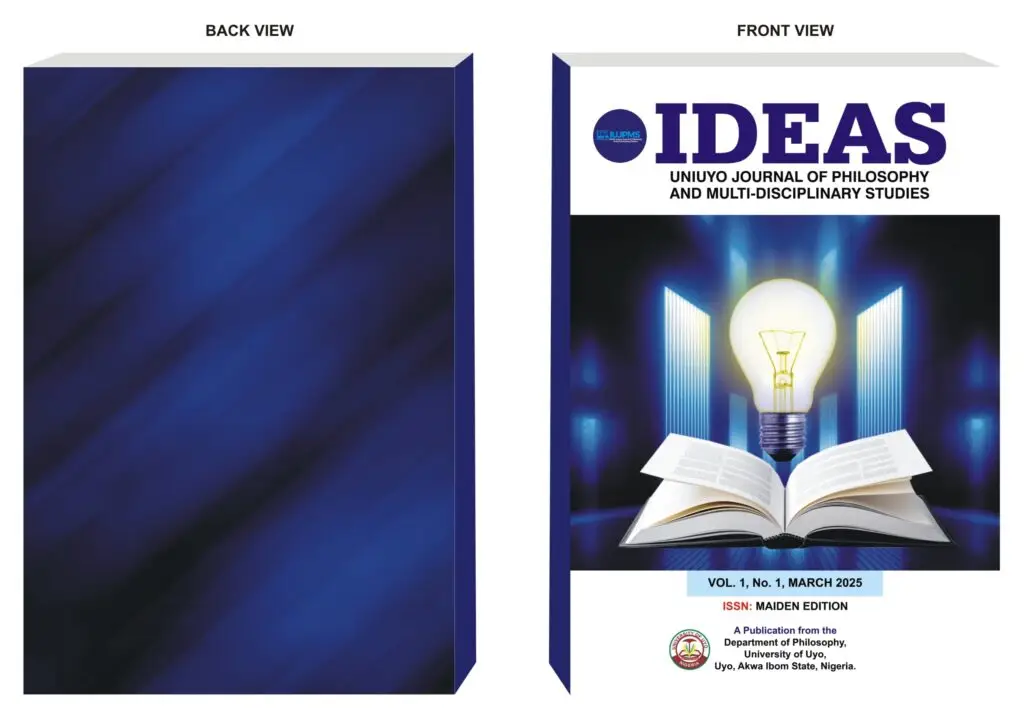Political epistemology is a relatively new field of study in philosophy. It is the intersection between epistemology and political philosophy. This field of study attempts to investigate how political ideas and knowledge, as well as political disputations, affect political decisions and actions. In other words, political epistemology suggests that ideologies, beliefs and knowledge about particular political issues, have empirical and normative impacts on political decisions which give rise to the establishment of political authorities. This is to say that political changes are midwifed by ideologies and beliefs which ensure that people take particular courses of actions to birth one political dispensation or the other based on perceived ideologies. These beliefs and assumptions, depending on how sophisticated they are, are responsible for the type of people who come to power and the type of governance practiced. This paper aims to evaluate the concept of political epistemology, connecting it with the change phenomenon in the Nigerian political space from 2015-2023. In order to achieve this aim, the paper will examine to what extent beliefs and political education plays a role in the establishment of a credible and responsible government in Nigeria, and how political illiteracy and misplaced emotions nourished the phenomenon of change and contributed to bad governance in Nigeria. Thus, this paper establishes that the Nigerian electorate performed an epistemic blunder in 2015 and 2019 by avoiding critical evaluation and electing a government based on propaganda and emotions. In the final analysis, this paper will conclude by stating that going forward, political education is essential for there to be a possibility of genuine political change in Nigeria.
Written By
Benson Peter IRABOR, Ph.D
University of Lagos, Akoka, Lagos
+2348034624353
benpet1@yahoo.com
Andrew ONWUDINJO, Ph.D
Pan-Atlantic University
Lagos State, Nigeria
+2348037169248
aonwudinjo@pau.edu.ng

